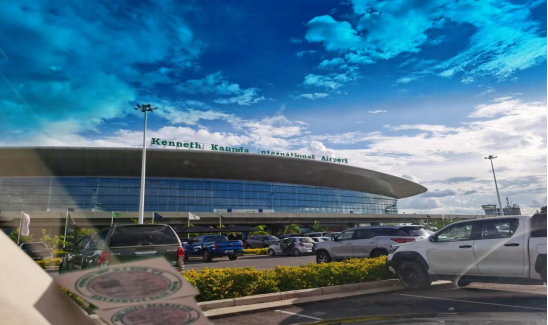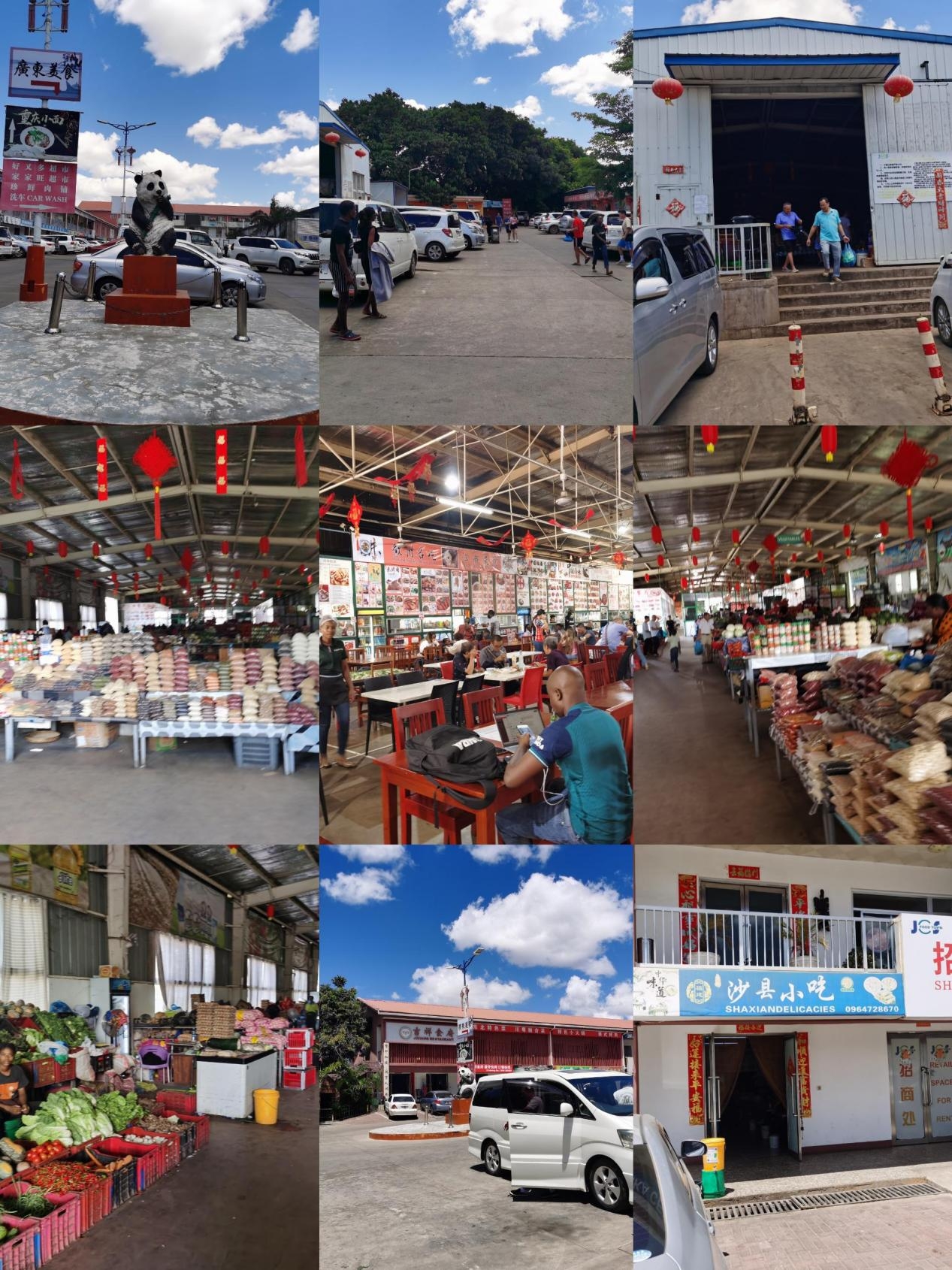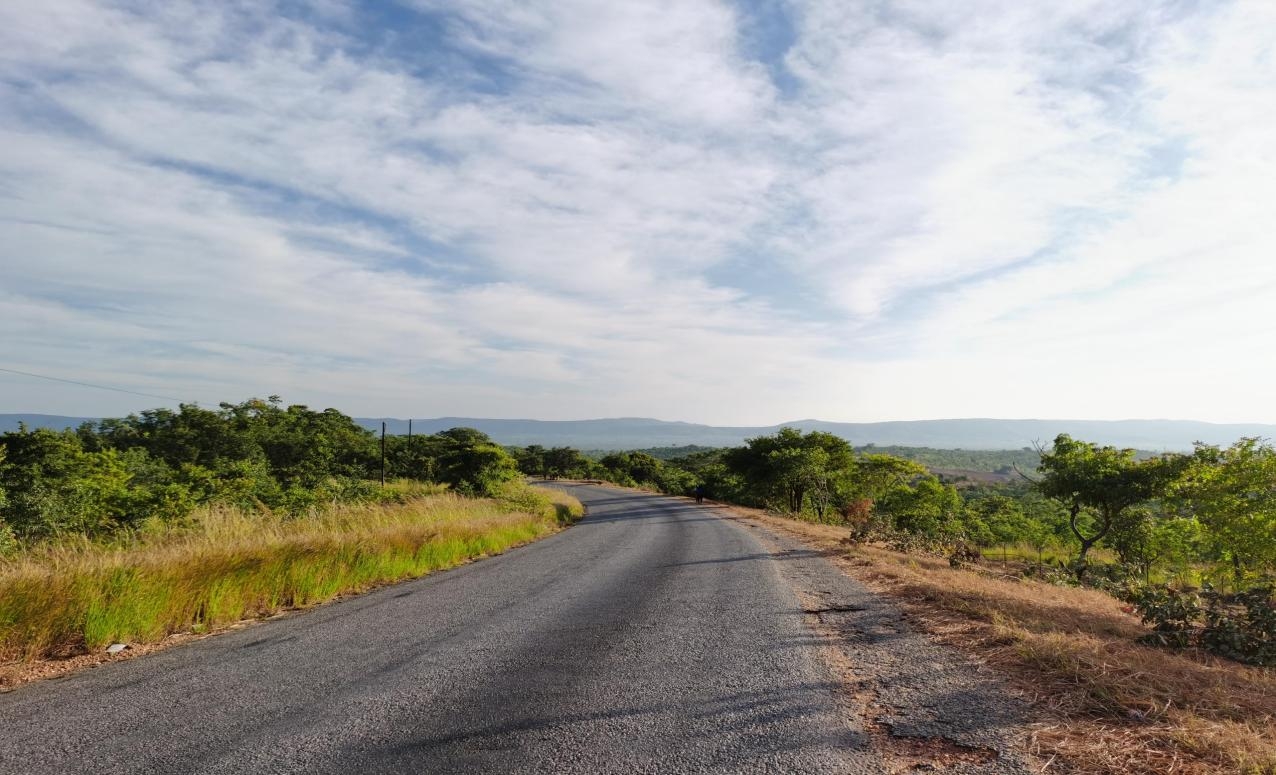Amanbo takes you to Zambia, Africa
The Republic of Zambia is a landlocked country in south central Africa, referred to as Zambia. Most of the country belongs to the plateau area, with an area of 752,614 square kilometers and a population of nearly 20 million. Most of the black people in the Bantu language family belong to 73 ethnic groups. Accounting for about 33.6% of the country's population, the capital Lusaka, the country has 10 provinces and 103 districts.

Zambia's economy mainly includes agriculture, mining and service industries, of which copper mining and smelting plays an important role. As early as October 29, 1964, China established diplomatic relations with Zambia, and Zambia was the first country in sub-Saharan Africa to establish diplomatic relations with China.
Over the years, the friendly cooperative relations between the two countries have continued to develop steadily with close high-level exchanges and steady progress in friendly exchanges in various fields.
Today, the amanbo team is in Lusaka, the capital of Zambia

In Lusaka, the capital of Zambia, the JCS Chinatown, a modern business city full of Chinese elements, is becoming a new highlight of China-Africa economic and trade cooperation, witnessing the profound and lasting friendship between China and Africa.
JCS Chinatown is not only a business center, but also a bridge for China-Africa cultural exchanges and cooperation. Many high-quality goods and services from China are gathered here, providing the Zambian people with convenient and diverse consumption choices. From daily necessities to electronic products, from catering services to cultural entertainment, JCS Chinatown brings Zambian citizens an unprecedented shopping experience. At the same time, it has also become an important platform for Chinese enterprises to show their strength and expand the market in Zambia. We found that many stores here support wechat Pay, and shopping is just as convenient as in China. People's stereotype of Africa has been broken, the changes in Africa are obvious to all, and the consumption power is no longer what we remember.

JCS Chinatown
In China, at the end of March and the beginning of April, the South has slowly entered the summer high temperature time, but in Zambia, most areas of the plateau area of 1000-1500 meters above sea level, the average daytime temperature in Zambia in March and April is about 25°C to 30°C, the night is slightly cooler, the average temperature is between 15°C and 20°C. This temperature range allows people to enjoy outdoor activities during the day and not feel too cold at night. At the same time, because the altitude is higher, it feels like the moon and stars are closer together.
Zambia around 12 p.m
The biggest feature of our amanbo team's experience in Zambia is that there is a power failure for about 8 hours every day here. Fortunately, although the local climate is sunny during the day, it is relatively cool at night. When the power failure occurred at night, our team member Chandler said, "The moonlight in Zambia is really bright, but it is not hot yet
Long hours of sunshine and frequent blackouts have led to the rise of the solar industry in Africa. For a long time, Africa is often regarded by the outside world as a poor, backward and lack of development power of the region, however, with the transformation of the global energy structure and the improvement of environmental awareness, Africa is with its rich solar energy resources and huge market demand, becoming a new hot spot in the global solar industry.
Africa is blessed with solar energy. Most of its areas have long sunshine hours and high radiation intensity, which provides superior natural conditions for solar power generation. At the same time, Africa's power infrastructure is relatively weak, and the lack of electricity supply has become a key factor restricting its economic development. Therefore, the use of solar power generation can not only effectively alleviate the problem of power shortage, but also provide a strong driving force for sustainable development in Africa.
It is worth noting that the solar energy industry in Africa is also facing some challenges in the development process, such as the relatively low level of technology, lack of capital, lack of talent and other problems. However, with the continuous advancement of technology and the strengthening of international cooperation, these problems are gradually being solved. More and more international enterprises and investment institutions have begun to enter the African solar market, providing technical and financial support for local development.

In short, the rise of the solar industry in Africa is an important embodiment of Africa's economic development and technological progress. With the transformation of the global energy structure and the improvement of environmental protection awareness, Africa's solar energy industry will continue to maintain the momentum of rapid development, making important contributions to Africa's sustainable development and global energy transformation. At the same time, we also need to abandon the stereotype of Africa, look at the development and change of Africa with an open and inclusive mind and go to Africa with amanbo to dig gold in Africa.